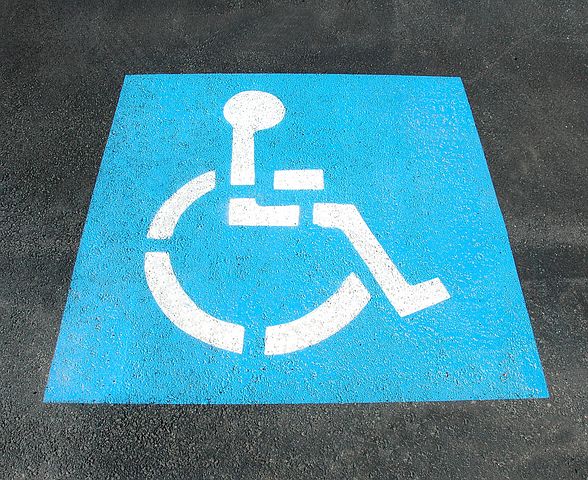A person with Autism may have trouble with communication, interacting with other people, and their play skills and activities may be limited as a result.
For those with Autism, occupational therapy NDIS will often focus on the skills required to interact with others, play skills and learning strategies to help with social interaction and self-care. The occupational therapy NDIS will usually begin with an evaluation of the individual’s ability to learn, play, care for themselves and interact with their environment. This evaluation help to create objectives for the individual to aim to achieve such as dressing themselves, grooming, eating, using the bathroom and fine motor skills. Occupational therapy NDIS will have sessions that usually run for around 30 minutes to an hour and the number of sessions will vary depending on the person’s ability level and requirements.
Here are some benefits of occupational therapy NDIS for kids with Autism.
It helps kids to live their lives
One of the biggest differences between occupational therapy NDIS and physical treatments is that it is holistic. The practitioner will look at not only the physical system, but the other systems including the nervous system, the muscles, social skills and cognition skills. They will focus on the things that take up the individual’s time such as the ability to walk, talk, bathe, eat and go to school. Therefore, the biggest benefit of occupational therapy NDIS is the fact that it helps people to live their lives independently. This is very important to everyone as people need to be able to live their lives properly and without assistance in order to lead a normal life. It is important that kids learn these skills early on in their lives so they can live a normal life through adulthood and beyond.
Improve concentration and moving

Occupational therapy NDIS can help Autistic kids to improve their concentration. This is done through the use of a comfortable setting and/or swings and trampolines. Swings move in a linear direction, and therefore are a good piece of equipment to help to improve an aversion to movement and concentration. Kids affected with autism love the sense of balance in the inner ear; thereby a swing will help them to become soothed and to increase concentration. Often during occupational therapy NDIS, they will be asked to use a trampoline and crash onto a soft mat to improve their aversion to moving and to build the skills to do with their bodily awareness.
Helps the development of social skills
In an occupational therapy NDIS setting, the pieces of equipment are used as opportunities for the kids to use in order to improve their social skills.
For example, ball pools are used to improve their tactile awareness and for them to play around and interact with the practitioner. A practitioner may ask the child to find a certain coloured ball, which can develop into imaginative play in which the child will assign an animal to the colours of the balls and so on. This type of imaginative play can help kids to develop their social skills, problem solving and thinking skills. This proves that occupational therapy NDIS can help to develop social skills which is incredibly important for any child, as it is a skill they will use throughout their entire life and largely determines how well they will communicate with others.
In summary, occupational therapy NDIS can help children affected with Autism in numerous ways. These include by helping them live independently, improve their concentration and moving and through the development of key social skills. These are all important skills which will affect their entire lives.
